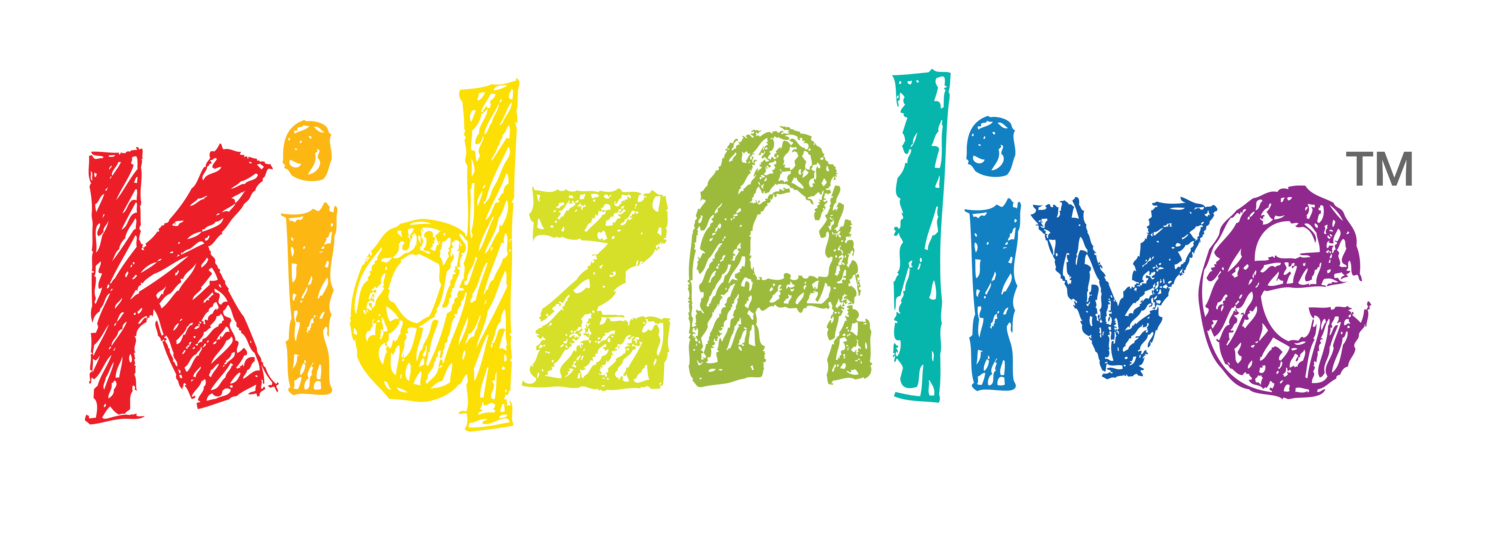“Nurse, please remember today is my viral test day.”
The title of this article is based on a real-life case where a 9-year-old boy, accessing vital anti-retroviral treatment from a clinic in eThekwini District of KwaZulu-Natal, was overheard reminding the nurse in charge to take his blood to monitor his viral load count. A powerful statement indeed, showing that when children are placed at the centre of the management of their chronic illness, they are empowered and take appropriate responsibility.
South Africa has the largest Antiretroviral (ART) programme worldwide, including children, yet we are failing to keep children on treatment, routine collection of samples for viral load monitoring, and provide timeous interventions to ensure viral suppression is achieved. The consequences for children are dismal, as a result, many of our children living with HIV are unsuppressed, altering the disease of HIV from a manageable chronic disease to one that is fatal.
To address the gap, Zoë-Life launched a targeted intervention, KidzAdherence Clubs, as part of their evidence-based model of care, KidzAlive, which provides an ongoing package of care to children aged 5 to 14 who are living with HIV. The model recognises the primary caregiver as a key stakeholder and the importance of building strong partnerships based on trust, and the provision of skills, knowledge and tools to support good adherence practices for children at home.
The KidzAdherence Clubs Intervention is implemented through the capacity-building of healthcare workers to deliver a structured, activity-based curriculum, using KidzAlive job-aids developed by Zoë-Life, aimed at children and their primary caregivers.
Children and caregivers are separated into appropriate groups, whereby caregivers receive their own content aimed at supporting adherence for their children, whilst children receive their own fun-based sessions to help them learn important information regarding taking age-appropriate responsibility for the management of their health.
KidzAdherence Clubs are focused on the provision of HIV psychosocial and adherence support in a group environment, at both community and facility levels and caters for stable (most recent viral loads undetectable) and unstable (newly initiated on ART or most recent viral load dateable) children on ART.
Stable children join our “Nginamandla” (I am Strong!) clubs whilst unstable children attend the ”Ngisekele” (Help me!) clubs. The power of peer-to-peer support is key to building lasting support systems, whereby regular meetings and talking through similar problems groups may face, encouraging sharing of information and strategies to apply solutions. Feelings of isolation, hopelessness and fear are relieved, these feelings are a major contributor to poor adherence.
Unstable children and their caregivers are provided with advanced adherence support to help them get back on track. The standard is a full adherence assessment to determine barriers to adherence, tailored service provision (such as disclosure support) based on identified barriers, more regular psychosocial adherence counselling for both children and their caregivers, and viral load monitoring on a 3-monthly basis to stabilise those at risk.
Our journey to date
Working in partnership with key partners: KwaZulu-Natal Department of Health and AIDS Foundation South Africa, Zoë-life launched its first official KidzAdherence Club in a facility in the Umlazi community, eThekwini District, South Africa. The facility, U21, was identified with a high total remaining on ART (TROA) of children/caregiver pairs.
In preparation, planning and brainstorming sessions were held with facility and AIDS Foundation South Africa staff on how to implement based on the needs of the facility and the clients they serve. This approach builds sustainability, obtains buy-in and showcases adaptability in implementation.
KidzAdherence Club registers, developed by Zoë-Life, are placed at sites that run the KidzAdherence Club intervention, providing evidence and data thus simplifying the tracking and tracing system of children lost to follow up.
The first club launched in May 2021 and was a great success. Caregiver/children pairs came in large numbers, showing our clients are committed and understand the value of this intervention. Children loved the sessions and activities with caregivers reporting a sense of excitement as the date for their next club meeting approached.
To date we have scaled this intervention to 4 new facilities in eThekwini and uMgungundlovu districts and at a community level, working in partnership with a community-based organisation, SIZA Community Care.
We are tracing children and their caregivers who are a part of this intervention for a planned evaluation paper. Watch this space!





